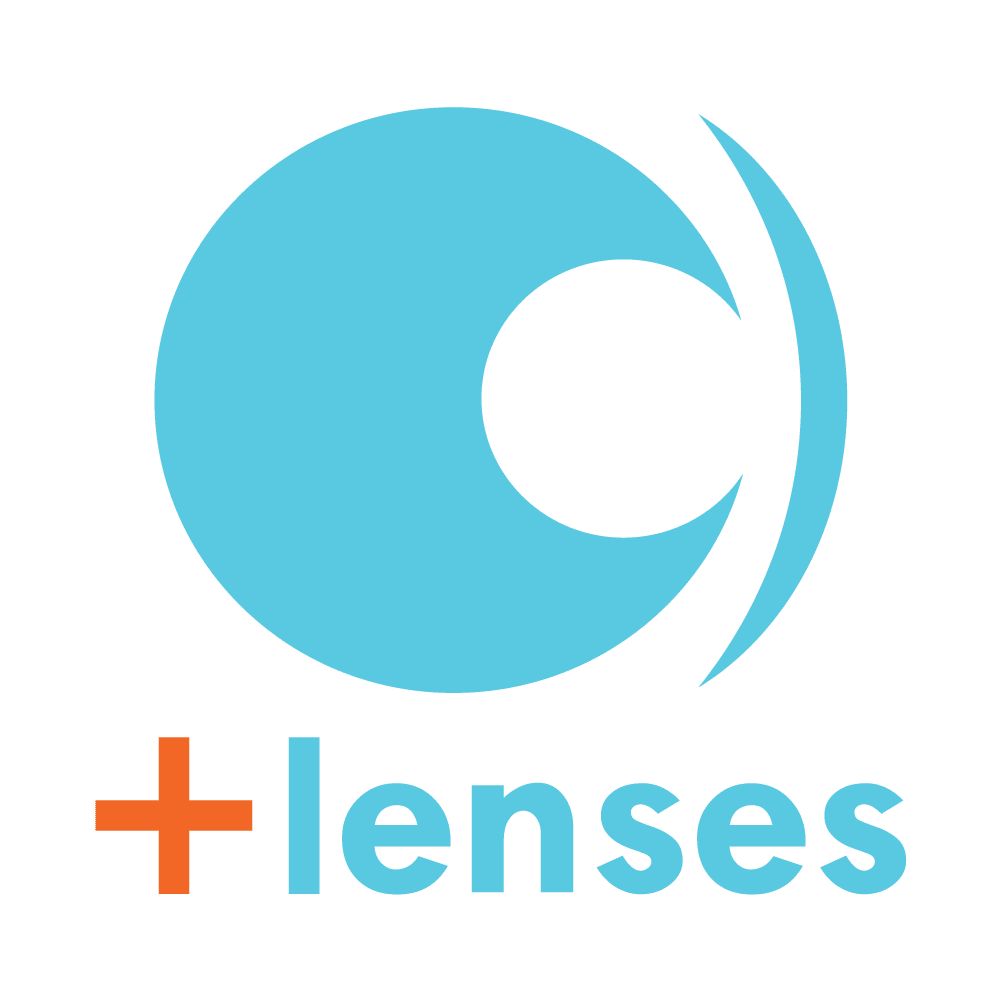
Reimbursement for contact lenses in Switzerland depends on the rules laid down by the LaMAL (compulsory health insurance). Find out here how to obtain reimbursement for your glasses or contact lenses, and what supplementary insurances offer.
Reimbursement for contact lenses Switzerland: LaMAL conditions
Basic health insurance provides for different reimbursement situations for optical equipment. Here are the main cases covered:
Reimbursement of glasses and contact lenses for under-18s
- Compulsory annual medical prescription by an ophthalmologist
- Intermediate adaptations possible with an optometrist
- Amount reimbursed: CHF 180.67 per year
Reimbursement of glasses and contact lenses in special cases (all ages)
When refraction changes due to illness, medication or surgery:
- Mandatory medical prescription
- Amount reimbursed: CHF 180.67 per eye/year
Special cases contact lenses (I)
In Switzerland, lenses are reimbursed under the following conditions:
- Medical prescription required by an ophthalmologist
- Visual improvement of at least 2/10 compared with glasses
- Conditions: myopia > -8.0D, hyperopia > +6.0D, astigmatism < -3.0D, anisometropia ≥ 3.0D
- Reimbursement: CHF 271.00 per eye every 2 years
Special cases: contact lenses (II)
Reimbursement for contact lenses in Switzerland without time limit in the following situations:
- Irregular astigmatism, corneal pathology or lesion, iris defect
- Mandatory medical prescription
- Reimbursement: CHF 632.34 per eye (lenses) or per pair (glasses)
Progressive myopia in young people (up to age 21)
- Myopia ≤ -5.00D with change ≥ 0.50D/year
- Specific prescription from an ophthalmologist required
- Treatment with special myopia-reducing lenses or glasses (orthokeratology or multifocal lenses)
- Reimbursement up to CHF 850.00/year
💡 Important tip: Carefully check the statement received from your health insurance!
Reimbursement of contact lenses in Switzerland by supplementary insurance
In addition to basic insurance (LaMAL), supplementary insurance (LCA) often offers additional reimbursements for glasses and contact lenses in Switzerland. However, the amounts vary greatly from one contract to another.
It is therefore advisable to compare supplementary insurances in order to choose the one that best suits your visual needs. Note that a doctor's prescription is generally not required.
Find out more about lenses and glasses
Finally, consult our practical guides to help you choose the right optical equipment:
